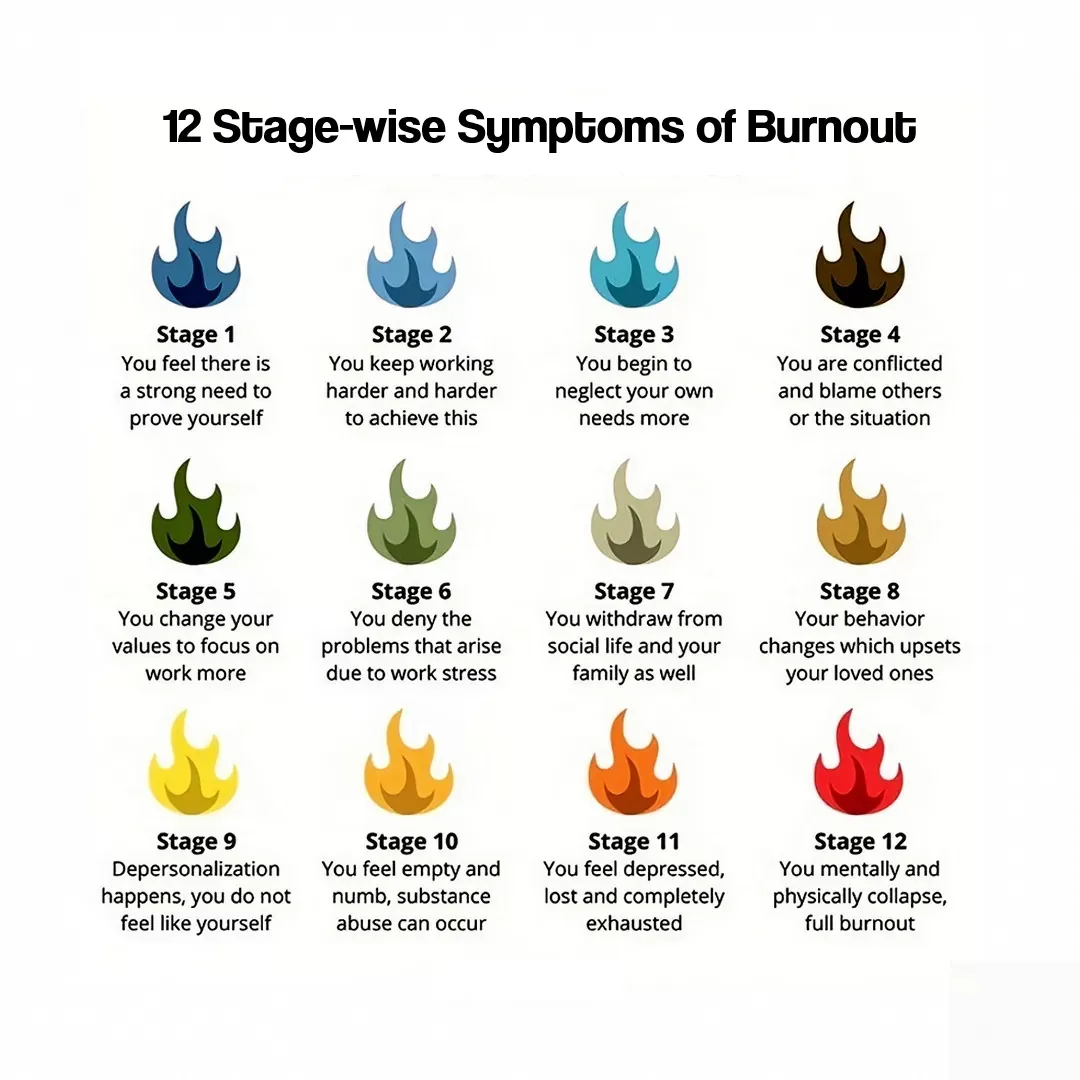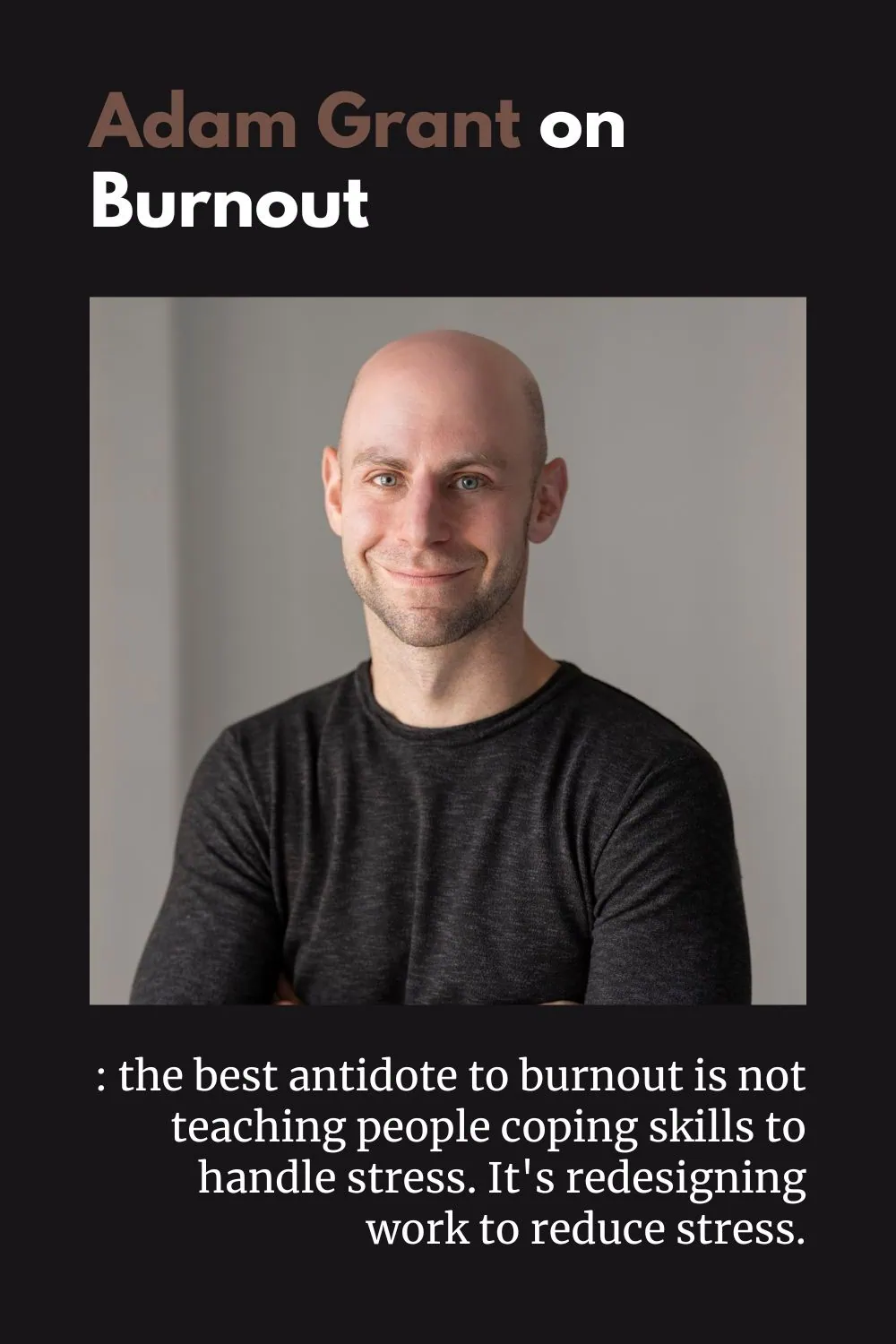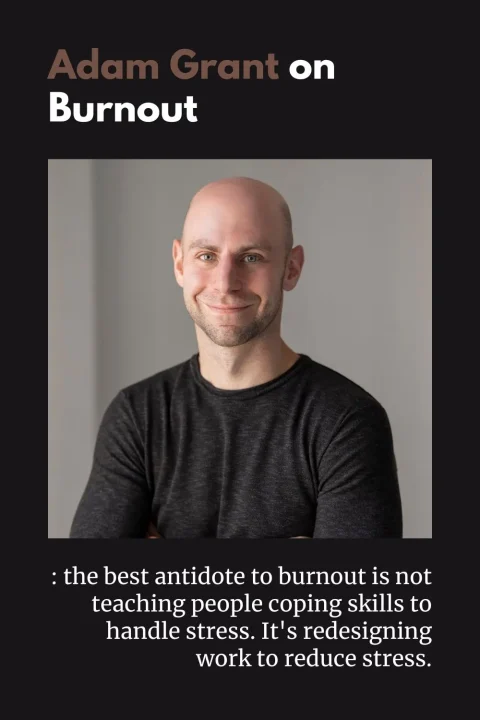— Reviewed by Dr. Sandip Roy.
The problem is this—burnouts are often not detected or addressed until too late. Self-assessment and empathy-based systems can help awareness, early detection, and employee well-being and retention.
Burnout at work is a state of physical, emotional, and mental exhaustion when work stress has been excessive for some time.
It takes a while to develop. It can start with a drive to prove oneself, to not achieving worthwhile results despite trying harder, and finally to a complete breakdown.
The burnt-out worker may not realize it, but their emotionless faces can reveal their state. Extreme symptoms, like explosive blowouts or massive meltdowns, can typically lead to job loss and staff attrition.
Even if there are no outbursts, their low productivity and quality of work may necessitate them to be terminated.
What Causes Burnout At Work
Burnouts are fueled by overwork and chronic stress. The most frequent unsaid reason is the constant pressure to stay relevant and productive.
A Deloitte survey revealed that 77% of employees have experienced burnout in their current jobs. The biggest drivers of their burnout were:
- lack of support or recognition,
- unrealistic deadlines or expectations, and
- consistently working long hours or on weekends.
According to Workplace Strategies For Mental Health, burnout is more likely when employees:
- Expect too much of themselves.
- Feel inadequate or incompetent.
- Have roles that are not a good job fit.
- Feel unappreciated for their work efforts.
- Have unreasonable demands placed upon them.
- Never feel that the work they are doing is good enough.

Symptoms of Burnout
Herbert Freudenberger, who coined the term “burnout” in 1975, said it was a condition with three elements:
- Emotional exhaustion: Emotional fatigue, and an inability to feel emotions. It comes from caring too much about the work for too long. It is widespread among teachers, university professors, and medical professionals.
- Depersonalization: A loss of empathy, ability to care for, and compassion. The burned-out person feels disconnected from their thoughts and feelings, while still being aware of their surroundings and reality.
- Decreased sense of accomplishment: An overwhelming sense of futility — the feeling that nothing they do is making, or can make, any difference. A loss of sense of accomplishment, usually due to work demands and targets that cannot be met.
Stages of Burnout
A modern way is to see burnout as a progressive condition, rather than a state of complete breakdown. Based on it, burnout can be described as having 12 stages with defined symptoms:

| Stage | Signs/Symptoms | Description |
|---|---|---|
| 1. | A strong need to prove oneself, often leading to overworking and taking on too much. | The employee feels compelled to show their worth, often by overworking and taking on excessive responsibilities. |
| 2. | Continuing to work harder and harder to achieve targets, overriding the signs of fatigue. | Despite exhaustion, they push themselves to meet goals, disregarding the warning signs of physical and mental fatigue. |
| 3. | Neglecting personal needs more, such as self-care, leisure activities, and relationships, to focus on work. | Personal well-being takes a backseat as they prioritize work over self-care, hobbies, and relationships. |
| 4. | Becoming conflicted and blaming others or the situation for stress and dissatisfaction. | Feelings of stress and dissatisfaction lead to blaming external factors or individuals, creating conflict and tension. |
| 5. | Changing values and priorities, putting work ahead of other important life aspects. | Work takes precedence over other aspects of life, causing the person to reassess their values and priorities. |
| 6. | Denying the problems arising due to work stress, rationalizing or ignoring them. | They deny or downplay the impact of work stress, rationalizing or ignoring the problems it creates. |
| 7. | Withdrawing from social life and family, leading to isolation and disconnection. | Social withdrawal occurs as they distance themselves from social interactions and family, leading to feelings of isolation. |
| 8. | Behavior changes that upset and alienate loved ones. | Burnout-related behavior changes strain relationships, upsetting and alienating loved ones. |
| 9. | Depersonalization, feeling detached from oneself and one’s work. | Individuals experience a sense of detachment from themselves and their work, leading to emotional numbness and disengagement. |
| 10. | Feeling empty, numb, and potentially turning to substance abuse as a coping mechanism. | Emotions become dulled, and victims may resort to substance abuse as a means of coping with overwhelming feelings of emptiness and numbness. |
| 11. | Experiencing depression symptoms, feeling lost, and complete exhaustion. | Symptoms of depression emerge as the sufferer feels lost, hopeless, and completely drained physically, emotionally, and mentally. |
| 12. | A mental and physical collapse occurring, resulting in full burnout. | Burnout reaches its peak as the person experiences a complete mental and physical collapse, rendering them unable to continue functioning normally. |
How To Self-Assess Symptoms of Burnout
Three key aspects of burnout are emotional exhaustion, a sense of inefficacy, and cynicism or detachment from others.
To find out if you’re entering or already into a phase of burnout, ask yourself these questions:
Aversion to work:
- Do you find yourself dreading or feeling anxious about going to work?
- Do you frequently experience a sense of dread or negative emotions when preparing for or thinking about your job?
Physical and mental exhaustion:
- Have you been feeling physically and mentally drained, even after time off from work?
- Do you often feel fatigued and lack the energy to be productive?
Difficulty with daily tasks and energy crashes:
- Do you struggle to complete regular daily tasks due to a lack of energy?
- Do you experience sudden energy crashes shortly after starting your day, even if you woke up feeling refreshed?
Emotional detachment:
- Do you find yourself emotionally disconnected or zoning out during conversations or meetings?
- Do you struggle to be present and engaged, often appearing blank or devoid of emotions?
Absenteeism:
- Have you been calling in sick or taking more leave from work than usual?
- Do you find yourself seeking reasons or making excuses to avoid going to work?
Social withdrawal and strained relationships:
- Have you been withdrawing from social interactions with colleagues or loved ones?
- Have your relationships with others become strained or distant due to your emotional state?
Reduced self-efficacy:
- Do you feel ineffective or incapable in your personal roles, such as being a parent or spouse?
- Have you noticed a decline in your ability to fulfill personal responsibilities or obligations?
Substance abuse as a coping mechanism:
- Have you been turning to alcohol or drugs as a way to cope with your emotional or physical state?
- Do you find yourself relying on substances to get through the day or to deal with work-related stress?
Burnout can become overwhelming, leading some to consider using nonprescription drugs for temporary relief. However, self-medication poses risks. Seek professional help from a burnout therapist, counselor, or doctor for safer support.
How To Help Wellbeing And Retention of Burnout Employees
You do not have to let your employees go because of burnout. Early detection of impending burnout saves employees from having actual burnout.
Adam Grant, the renowned organizational psychologist, says,
“The best antidote to burnout is not teaching people coping skills to handle stress. It’s redesigning work to reduce stress. The cure for exhaustion is removing overwhelming demands and the norm of self-sacrifice. Healthy workplaces value well-being as much as performance.”

Two steps can help increase burnout awareness in your office:
- Regular education of the staff on burnout symptoms via classes and questionnaires.
- Regular checkups by professionals to identify the early symptoms and start treatment.
Burnouts aren’t always obvious. They can begin with a just feeling that work has become repetitive and excessive.
Even when it gets severe, one may be unaware that the job itself is causing burnout because it has already triggered a mind-numbing sense of worry and dread in the sufferer.
We must remember that burnout is a syndrome—a collection of symptoms:
- Irritability
- Failing relationships
- Sense of social isolation
- Headaches and vague body aches
- Mind-wandering and overwhelmingness
- Exhaustion-physical, mental, and emotional
- Time urgency—a feeling that time is running out
- Repeated illnesses (like colds) due to low immunity
- Substance abuse, like smoking, alcohol, and drugs
- Oversleeping, not wanting to get up, waking up tired
- Not keeping up with personal needs, eating unhealthy foods
- No longer feeling excited by things that normally brought joy
- Chronic stress that seems to never end or comes in large waves
- Inability to focus on reading, any creative work, or planning ahead
- Vacation fantasies and thoughts of escaping the workplace unannounced
Employee retention can benefit from burnout awareness.
Burnout awareness is also important because it can carry on silently, gradually impacting the productivity, effectiveness, and overall happiness of an employee over a long time.
Even a single burnout can have a lasting negative impact on your work productivity, professional success, relationships, and overall life satisfaction.
Research suggests early burnout in your career does not seem to cause any significant, negative, long‐term effects. However, late-career burnout might have more serious long‐term effects.
Intelligent people suffer more burnout than others.
The reason why knowledge workers may be more prone to burnout could be their mental over-excitability, as this research finds. Most white-collar workers who suffer from burnout work at “brain-demanding” jobs with strict deadlines.
The best thing anyone can do is to spot its early warning signs and learn how to prevent sliding into one.
Final Words
Research shows burnout correlates to both clinical depression and anxiety disorder. Burnout victims may have symptoms of anxiety, depression, or bipolar disorder.
Burnout awareness programs in the workplace can help reduce worker absenteeism, save workers’ compensation for burnout treatment, and make the workplace happier and psychologically safer.
√ Also Read: How To Help Yourself Overcome Burnout
√ Please spread the word if you found this helpful.
• Our Story!
